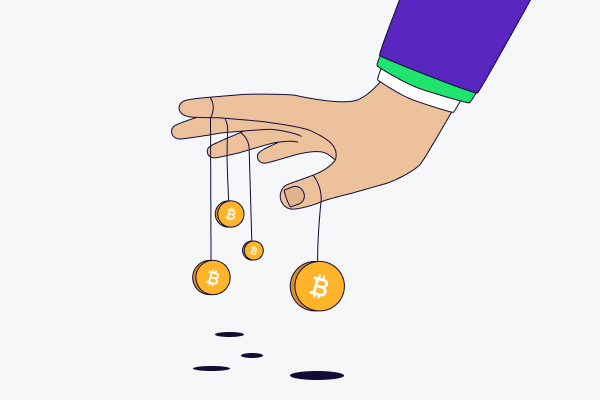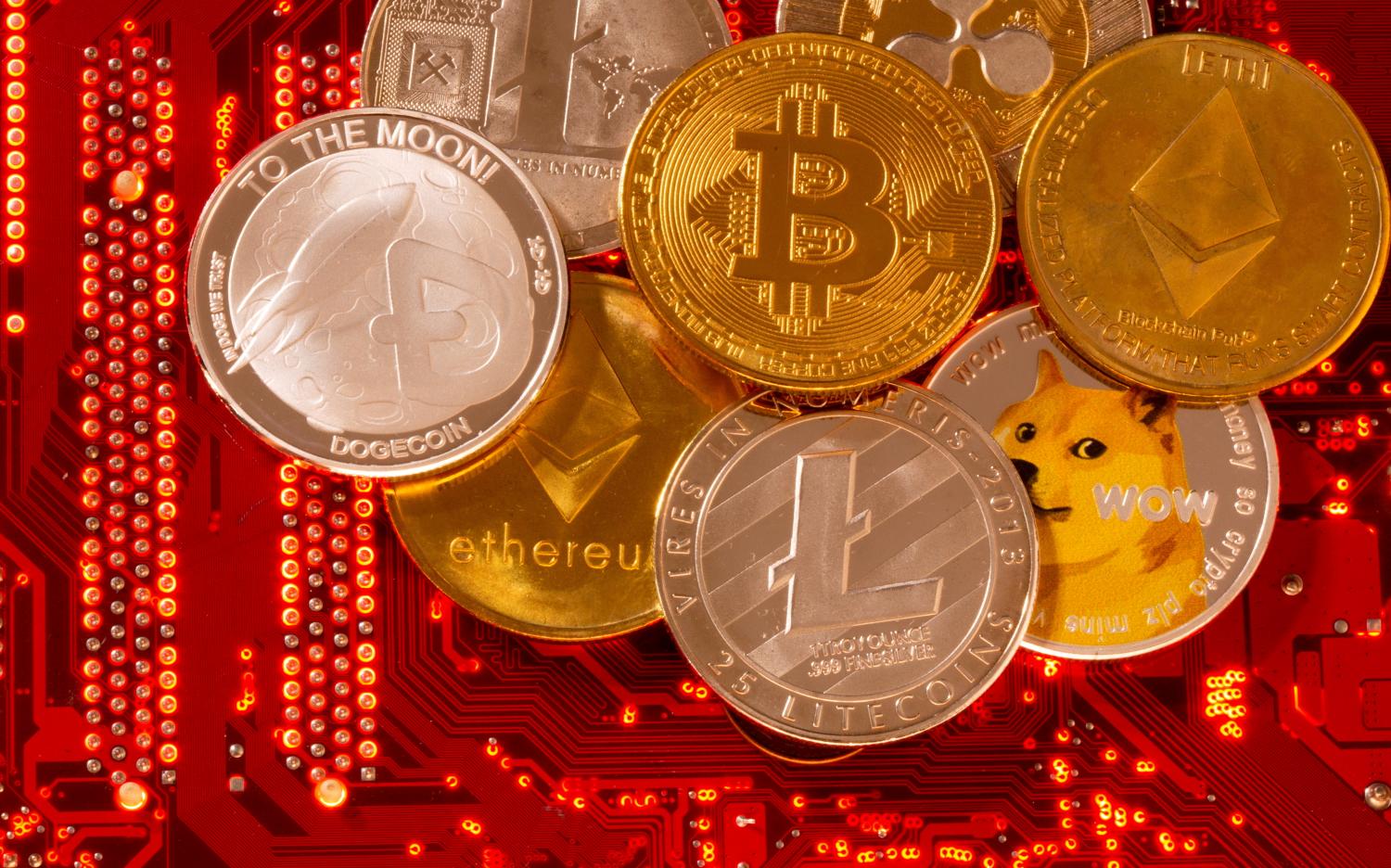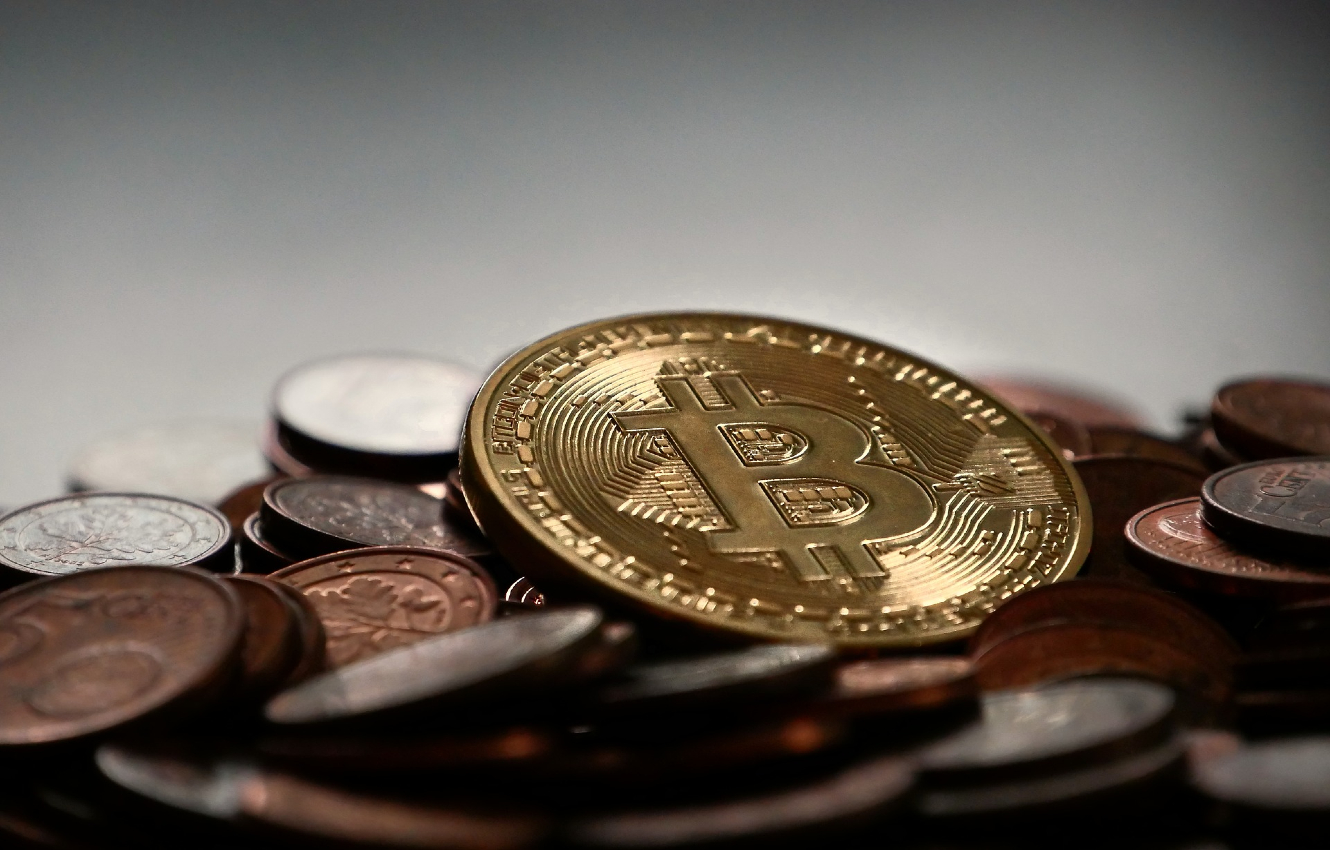Bitcoin Guide | In a world where governments and banks hold sway over fiat currencies, the question naturally arises: Who controls a decentralized currency like Bitcoin? The answer, nestled within the essence of decentralization itself, reveals a paradoxical truth: Bitcoin is controlled by both nobody and everybody simultaneously.

The Essence of Decentralization
Decentralization, by definition, is the act of shifting control from a single locus of power to multiple smaller entities. In the case of Bitcoin, this principle unfolds in a unique manner. Rather than dispersing control to several smaller entities, the Bitcoin network entrusts its governance to a vast array of nodes—individuals who opt to run Bitcoin software on their computers.
A World Without Central Authority

Within the Bitcoin ecosystem, the absence of central authority is palpable. No single entity or individual lays claim to the mantle of Bitcoin’s mastermind. Instead, the network operates as a truly democratic entity where every participant plays a role in decision-making.
Bitcoin Guide – Empowering the Global User Base
It is the worldwide community of users who wields control over Bitcoin. Any individual is free to contribute to the development and enhancement of Bitcoin’s software. Likewise, users possess the freedom to select which software version they wish to employ.
However, to create a functional and cohesive network, users must collectively adopt compatible software versions. Ultimately, consensus within the Bitcoin network emerges through the democratic process of majority rule.
Deciphering Bitcoin’s Governance: The Majority’s Verdict

The true arbiters of Bitcoin’s fate are its majority voters. Given the equal status of all nodes within the network, decisions are enacted based on the preferences of the majority.
Those who disagree with proposed changes retain the liberty to explore alternative systems, a phenomenon exemplified by the proliferation of Bitcoin forks. In this ecosystem, the most robust network prevails, incentivizing users, miners, and developers to safeguard and uphold this collective agreement. Maintaining an active, secure, and healthy network benefits all stakeholders.
<Bitcoin – How is the price of Bitcoin determined?>
Bitcoin Guide – Unveiling Influential Forces
But who truly holds sway within the Bitcoin network? Some contend it is the developers, who tirelessly deliberate on system enhancements. Others argue in favor of the miners, who exercise their autonomy in selecting preferred software versions. Nevertheless, it remains unequivocal that the collective majority holds the reins in determining Bitcoin’s future, as no nodes or participants receive preferential treatment.
The Power of Genuine Decentralization

Such is the essence of authentically decentralized organizations. Astonishingly, this system thrives, demonstrating its effectiveness and resilience.



